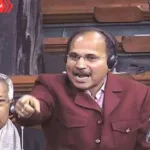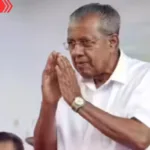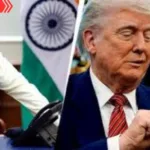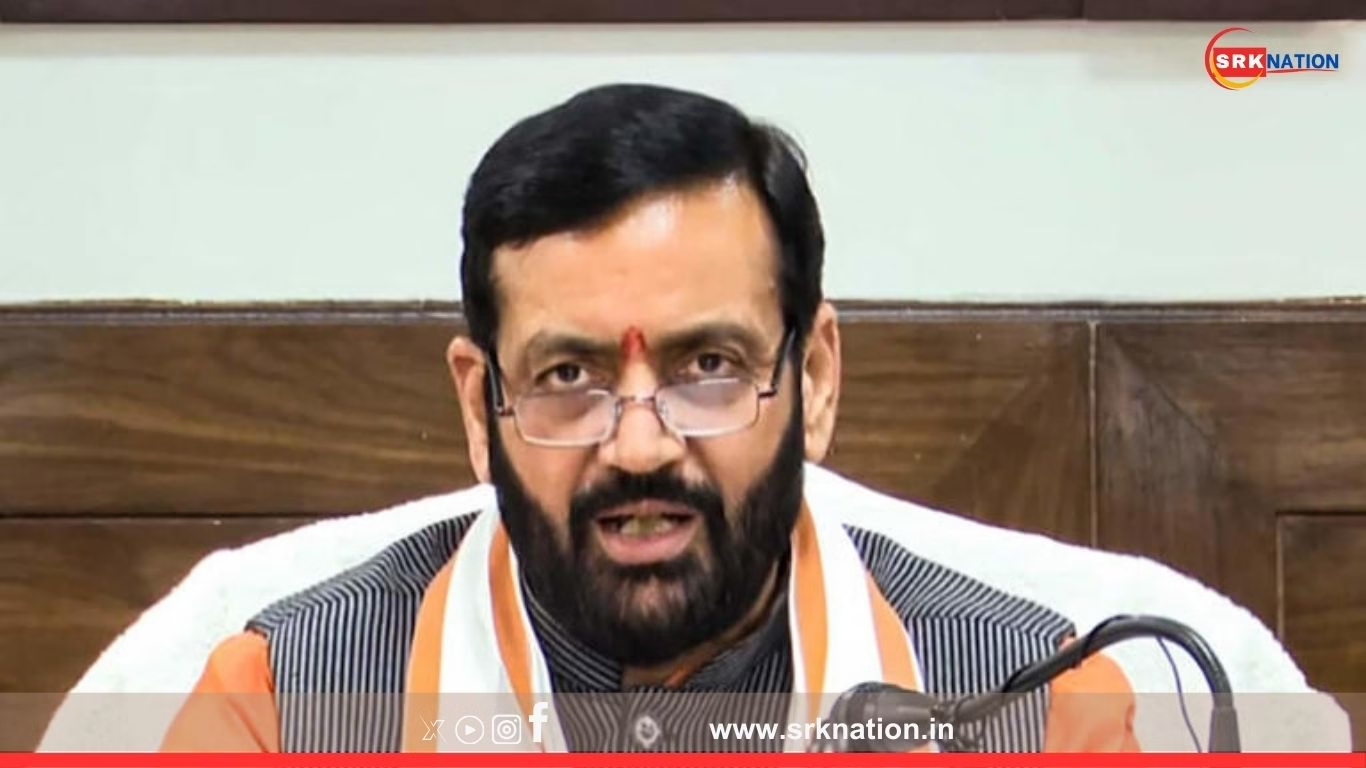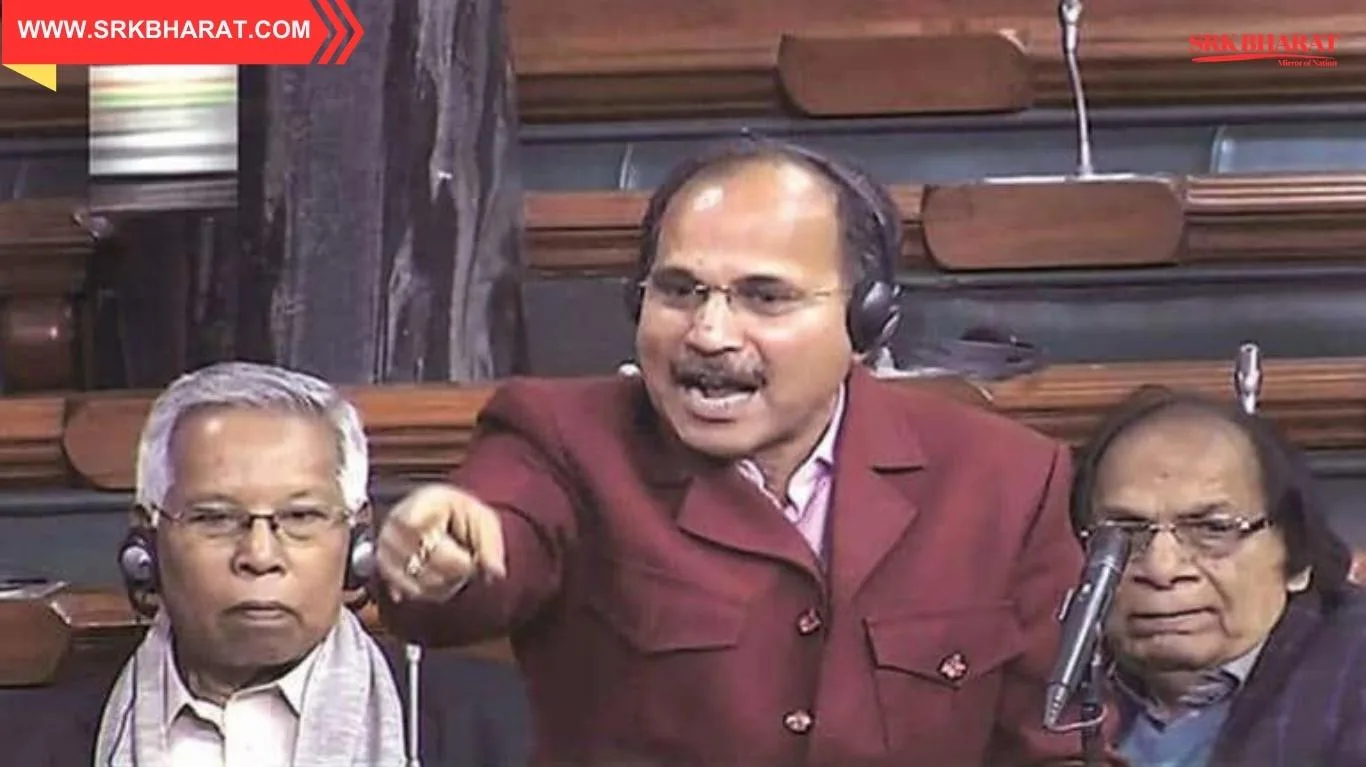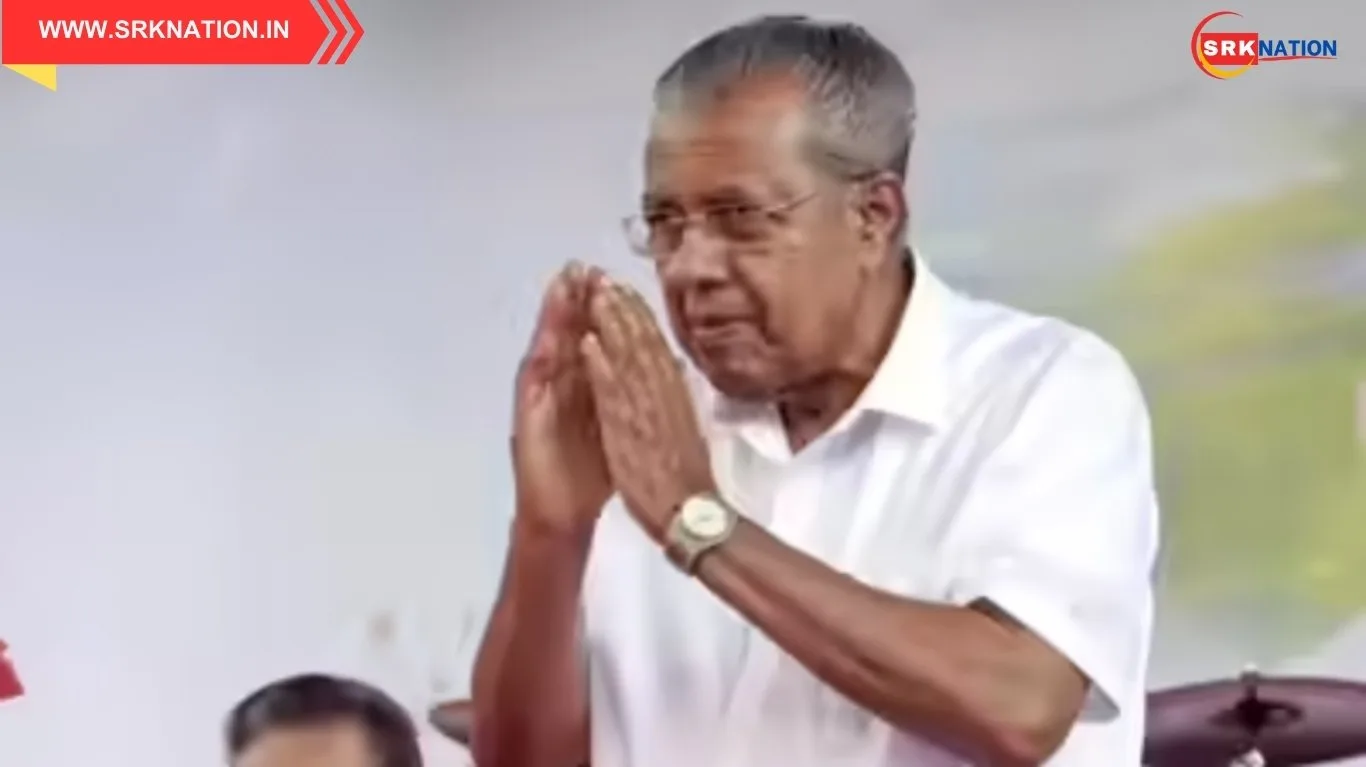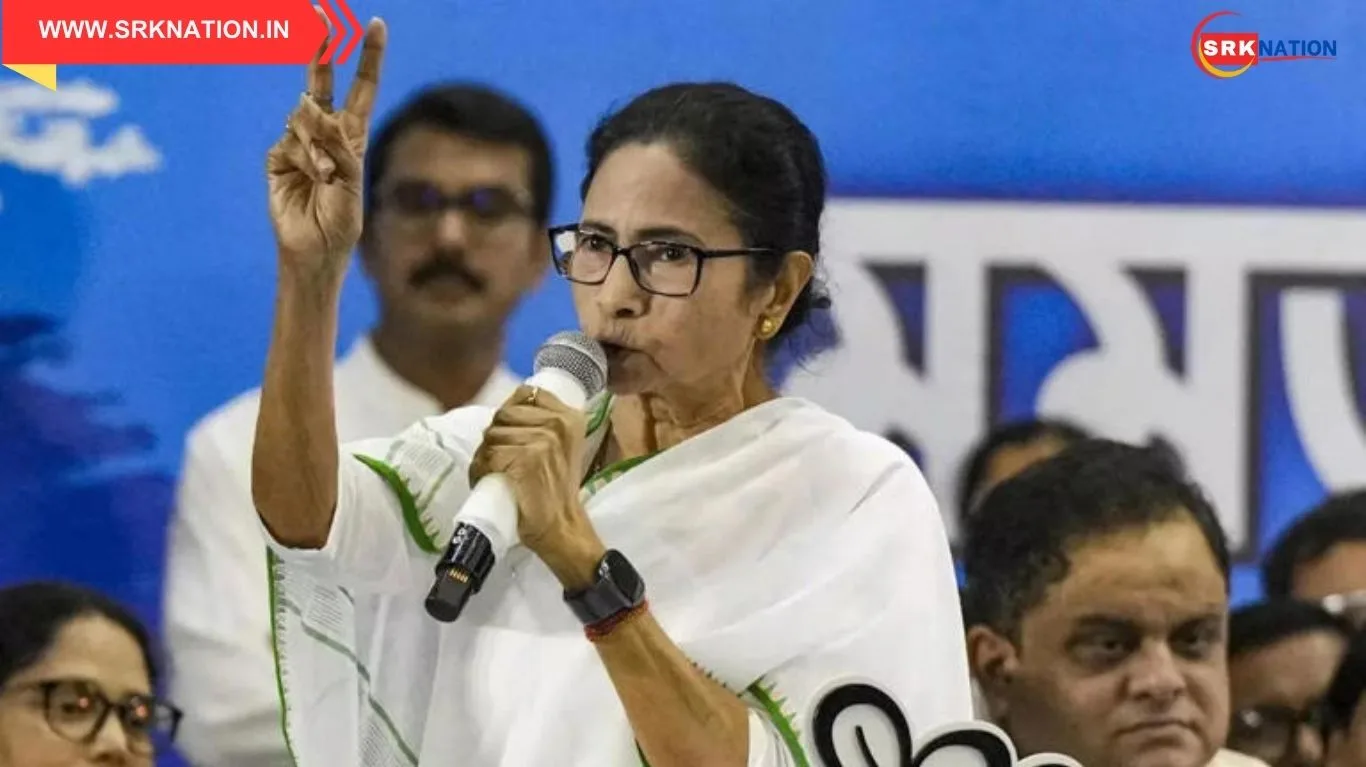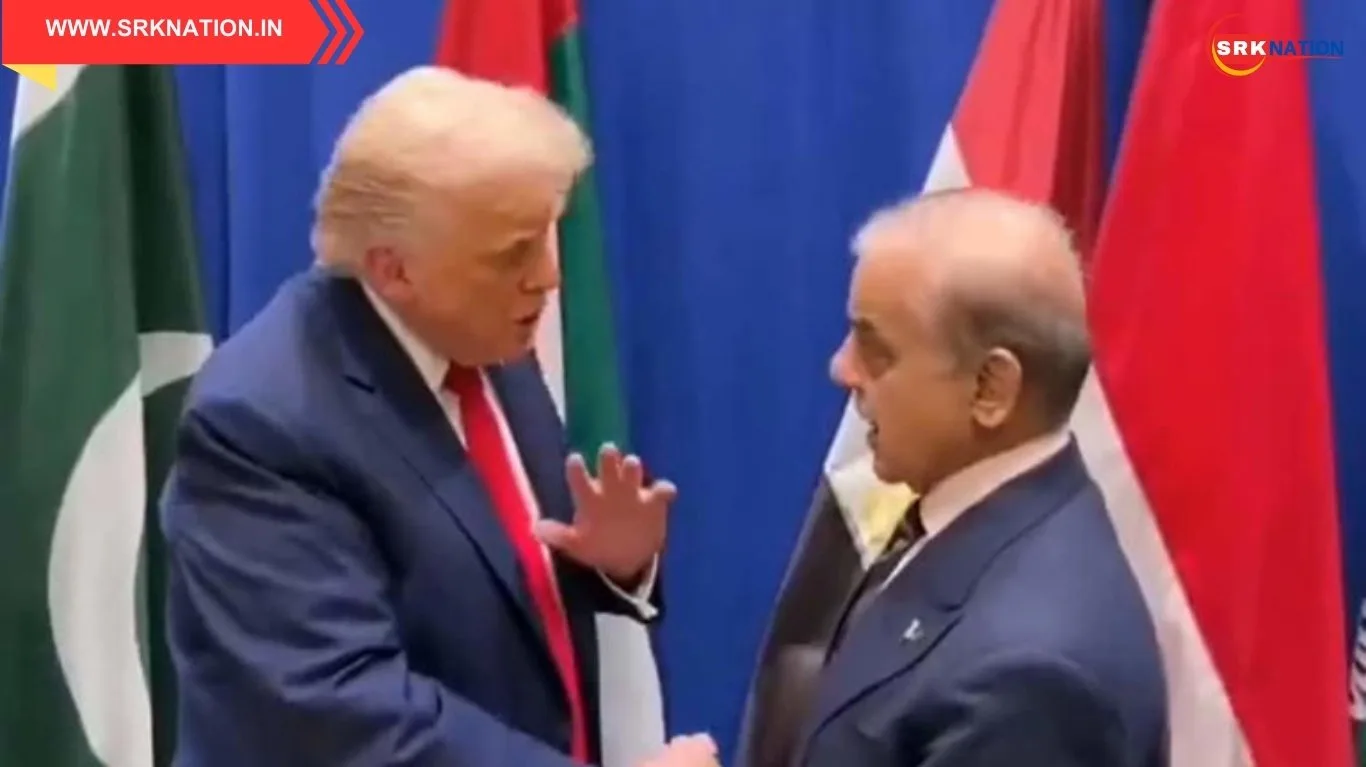The political corridors of Haryana witnessed high drama after Chief Minister Nayab Singh Saini’s remark in the form of a couplet, “Shaitan bhi sharminda hai”, sparked a heated war of words in the state assembly. The statement, made during an intense debate, not only triggered uproar among opposition benches but also drew sharp reactions across the state’s political spectrum.
The controversy highlighted the fragile relationship between the ruling dispensation and opposition leaders, with Saini’s poetic attack being seen as both an assertive show of strength and a political gamble.
The Couplet That Sparked a Political Storm
During the session, CM Saini, responding to criticism from opposition members, recited the couplet:
“Shaitan bhi sharminda hai, insaaniyat ke haal pe.”
The words, loosely translated as “Even the devil is ashamed of the state of humanity,” were directed at what Saini described as the “double standards” of opposition parties. However, opposition leaders alleged that the couplet was an insulting remark and an attack on their dignity.
The exchange soon escalated, leading to chaos in the assembly. Several members of the opposition staged a walkout, while ruling party members defended the Chief Minister’s right to use strong expressions in political discourse.
Political Fallout of Saini’s Remark
The opposition, particularly the Congress and INLD, accused the Chief Minister of lowering the dignity of the assembly. Leaders argued that elected representatives should avoid “personal attacks” or remarks that could hurt sentiments.
Meanwhile, ruling party MLAs defended Saini, saying his couplet was aimed at highlighting corruption, inefficiency, and political opportunism that had plagued the state for years. They claimed the opposition was blowing the matter out of proportion for political mileage.
Political analysts believe the controversy will have far-reaching implications, as it comes at a time when Haryana is heading towards local body elections and preparing for the 2024 general elections.
Opposition vs Ruling Party: Key Arguments
| Party/Group | Reaction to Saini’s Couplet | Political Strategy Adopted |
|---|---|---|
| Congress | Termed the remark “insulting and unparliamentary” | Demanding apology, highlighting issue in public rallies |
| INLD | Said it reflects “arrogance of power” | Aligning with other opposition groups to corner BJP |
| BJP (Ruling Party) | Defended Saini, said couplet aimed at corruption | Rallying cadre support, portraying Saini as strong leader |
| Independent MLAs | Mixed reactions, some critical of tone | Positioning themselves as neutral voices |
Why Saini Chose Poetry as Political Weapon
In Indian politics, poetry and couplets have often been used to strike emotional chords. Leaders such as Atal Bihari Vajpayee and others set the precedent for using poetic expression to blend criticism with literary style.
Saini’s choice of words reflects his attempt to:
- Strengthen political messaging by appealing to emotions.
- Position himself as a bold leader unafraid of controversy.
- Divert public attention from opposition criticism by triggering a literary-political debate.
However, experts argue that such remarks can easily backfire if interpreted as derogatory or personal attacks.
Public Perception and Media Narratives
Local media channels gave extensive coverage to the uproar, with headlines focusing on the words “Shaitan bhi sharminda hai.” Social media users were quick to pick sides, with hashtags trending around #SainiCoupletRow and #HaryanaAssemblyUproar.
Public reactions remained divided:
- Supporters of Saini praised his boldness and claimed the couplet exposed “moral decline” in opposition politics.
- Critics argued that such remarks lower political discourse and do little to address Haryana’s pressing issues such as unemployment, farmers’ distress, and law and order.
Historical Context: Political Poetry in Assemblies
| Leader | Style of Political Poetry | Impact |
|---|---|---|
| Atal Bihari Vajpayee | Thoughtful, philosophical couplets | Won hearts, softened criticism |
| Akhilesh Yadav | Satirical rhymes | Criticized opponents with humor |
| Arvind Kejriwal | Direct poetic digs | Created viral moments in public rallies |
| Nayab Singh Saini | Sharp, confrontational couplet | Triggered assembly storm, sparked debates |
This incident reinforces the tradition of Indian leaders using poetic expressions, though the tone and context often decide whether the impact is positive or controversial.
The Larger Political Implications
Beyond the assembly drama, the controversy raises questions about the state of political discourse in Haryana. Critics argue that while leaders engage in rhetorical battles, real issues remain under-discussed.
Key challenges before Haryana include:
- High youth unemployment rate.
- Farmer protests and MSP demands.
- Industrial slowdown and job creation gaps.
- Caste and community-based political alignments.
Analysts suggest that the couplet controversy could serve as a double-edged sword: energizing BJP’s core supporters while giving the opposition fresh ammunition to criticize the ruling government.
Future Outlook
The coming months will determine whether Saini’s remark becomes a rallying cry for the BJP or a political misstep that damages his credibility. Much depends on how effectively the opposition keeps the issue alive and whether the BJP manages to reframe the narrative around governance and development.
Conclusion
The uproar over “Shaitan bhi sharminda hai” is not just about a couplet but a reflection of the evolving nature of political discourse in Haryana. While CM Nayab Singh Saini has shown he is willing to use sharp words to make his point, the backlash indicates that voters and opposition parties are equally ready to hold him accountable.
As Haryana inches closer to critical elections, this incident will likely remain a talking point in rallies, media debates, and political narratives. Whether it strengthens Saini’s image as a strong leader or weakens his standing as a responsible statesman remains to be seen.
Disclaimer: This article is intended for informational and analytical purposes only. It does not endorse or criticize any political leader or party. Readers are advised to interpret the developments in the context of ongoing political debates.


